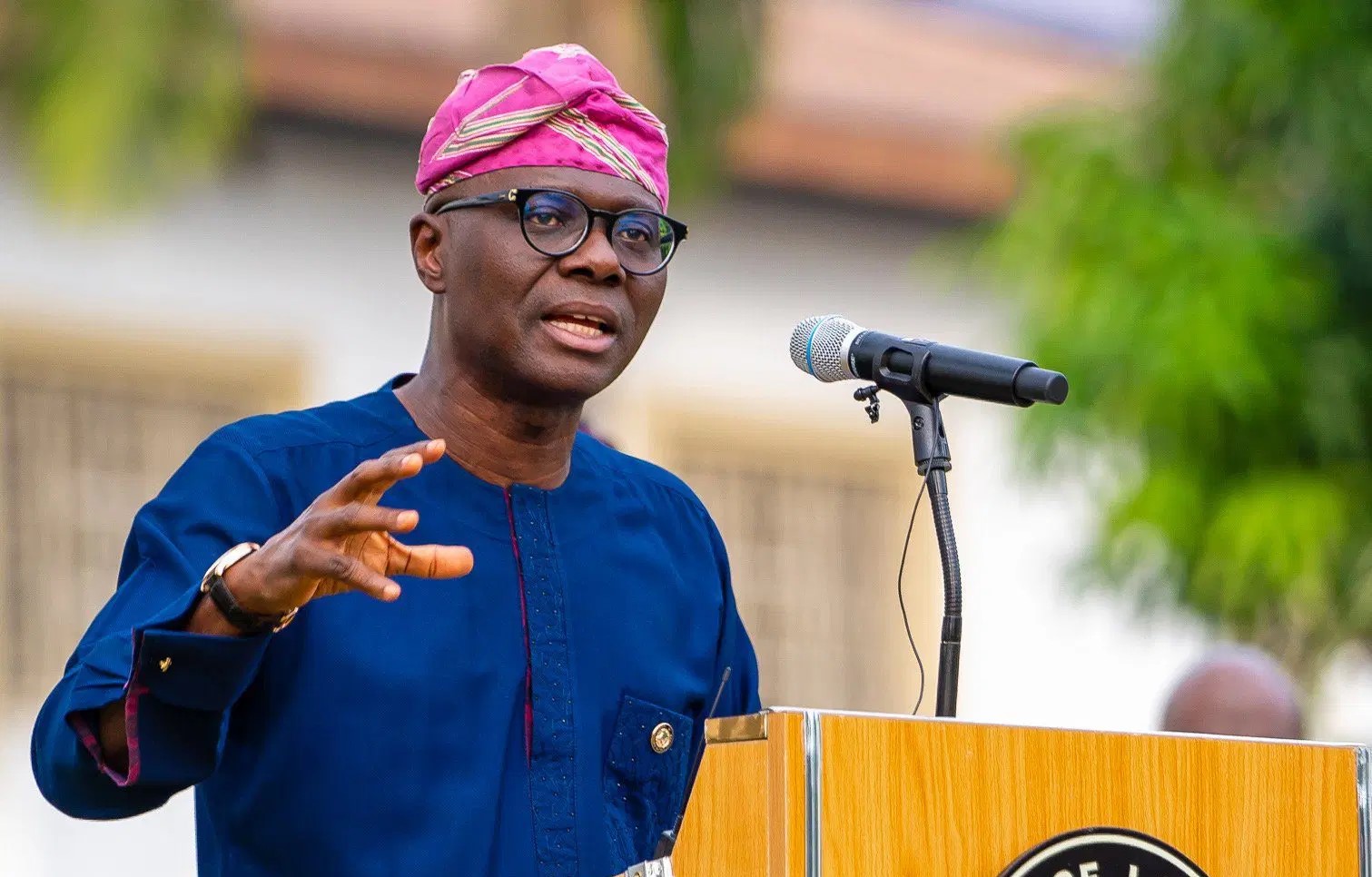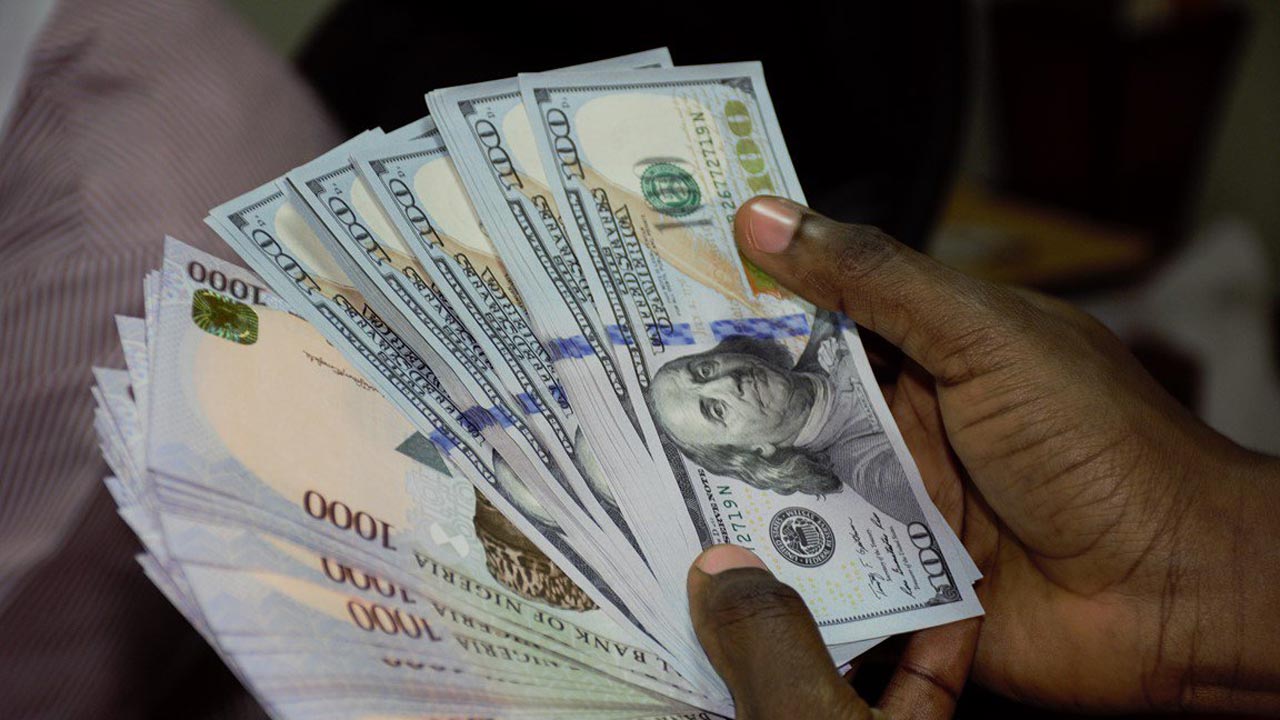The Central Bank of Nigeria (CBN) has resolved to maintain the Monetary Policy Rate (MPR) at 27.5%, as part of its strategy to consolidate gains in the fight against inflation and stabilise the economy.
The CBN Governor, Olayemi Cardoso, disclosed this on Tuesday while addressing journalists at the end of the 301st Monetary Policy Committee (MPC) meeting held in Abuja.
According to him, the committee voted unanimously to retain the MPR at 27.5%, while also maintaining the Cash Reserve Ratio (CRR) for Deposit Money Banks at 50% and for Merchant Banks at 16%. The Liquidity Ratio was also left unchanged at 30%.
Cardoso explained that the decision to hold all key monetary parameters steady was informed by the committee’s cautious approach to managing monetary pressures and ensuring price stability.
“These decisions are aimed at sustaining our efforts to curb inflation and address emerging pressures in the monetary system,” the apex bank chief said.
The decision comes as Nigeria’s inflation rate eased to 22.22 per cent in June 2025, down from 23.71 per cent in April. The moderation is attributed to lower fuel prices, improved foreign exchange liquidity, and tighter monetary conditions.
Banking Sector Recapitalization
Speaking on the ongoing recapitalisation exercise for Nigerian banks, the CBN Governor revealed that eight financial institutions have already met the new capital requirements set by the regulator.
“Eight banks have so far met the recapitalisation requirements of the CBN, and others are making significant progress toward meeting up,” he stated.
CBN had earlier directed banks to increase their capital base in a bid to strengthen the financial system and position it to support the real economy more effectively.
Banks with international licences are required to raise their capital to ₦500 billion, national banks to ₦200 billion, and regional banks to ₦50 billion by March 2026.
The recapitalisation drive is expected to boost resilience in the banking sector, improve credit access, and support long-term economic growth. One Nigerian bank has already raised funds through a listing on the London Stock Exchange, reflecting growing investor confidence.
Tuesday’s MPC resolution comes amid sustained inflationary pressure and exchange rate volatility, with stakeholders closely watching the CBN’s next moves to stabilise the naira and enhance investor confidence.
The naira has shown signs of recovery, trading at ₦1,529.71/$ in June, supported by reforms in the FX market and high yields on government securities.
Is the CBN’s tight monetary stance helping or hurting everyday Nigerians?Rate, Like 👍, Comment💬, share this article, Follow us on our social media handles, and Submit your own story to get featured and earn rewards!







